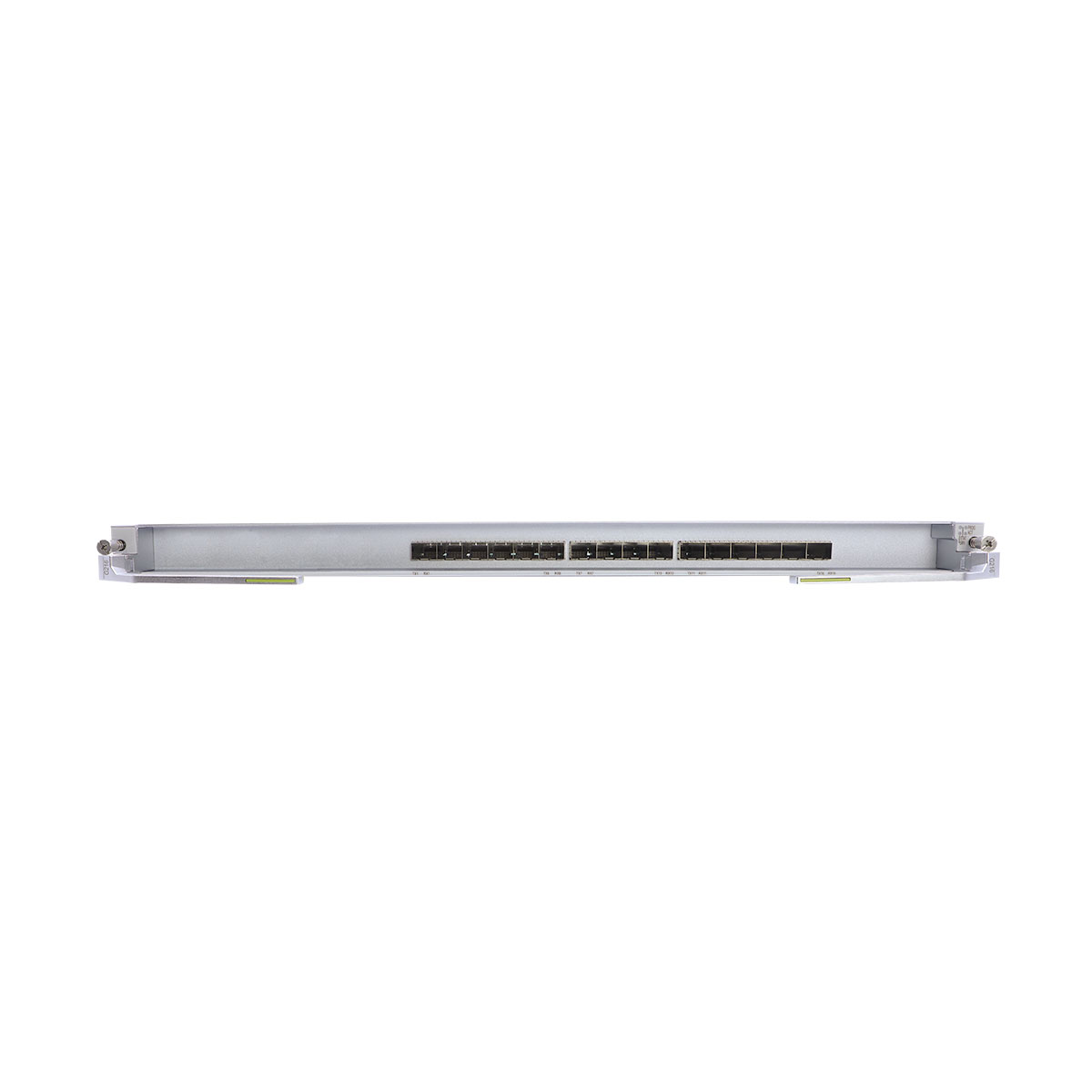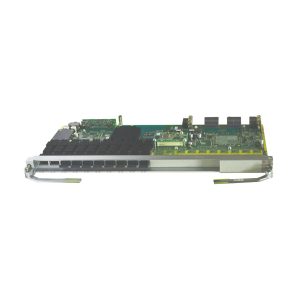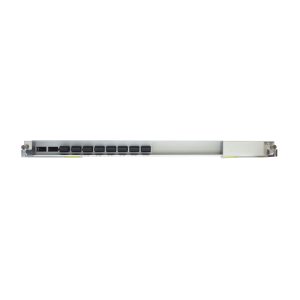Description
TNV6G216 overview
Huawei OSN 9800 TNV6G216 16*10G Any Service Processing Board.
The TNV6G216 board is a general service processing board on which each port can be independently used as a tributary port or a line port (line mode or relay mode).
The TNV6G216 board consists of an ODUk/OSUflex cross-connect module, an OTN processing module, a VC cross-connect module, an SDH processing module, a WDM-side optical module, a control and communication module, and a power supply module.
Valid slots
| Device | Number of Occupied Slots | Physical Slot | Logical Slot |
|---|---|---|---|
| OptiX OSN 9800 M24 | 2 | (IU1, IU13), (IU2, IU14), ……, (IU11, IU23), (IU12, IU24) | IU1 to IU12 |
| OptiX OSN 9800 U32 Enhanced | 1 | IU1 to IU32 | IU1 to IU32 |
| OptiX OSN 9800 U32 Standard | 1 | IU1 to IU32 | IU1 to IU32 |
| OptiX OSN 9800 U64 Enhanced | 1 | IU1 to IU64 | IU1 to IU64 |
| OptiX OSN 9800 U64 Standard | 1 | IU1 to IU64 | IU1 to IU64 |













Reviews
There are no reviews yet.